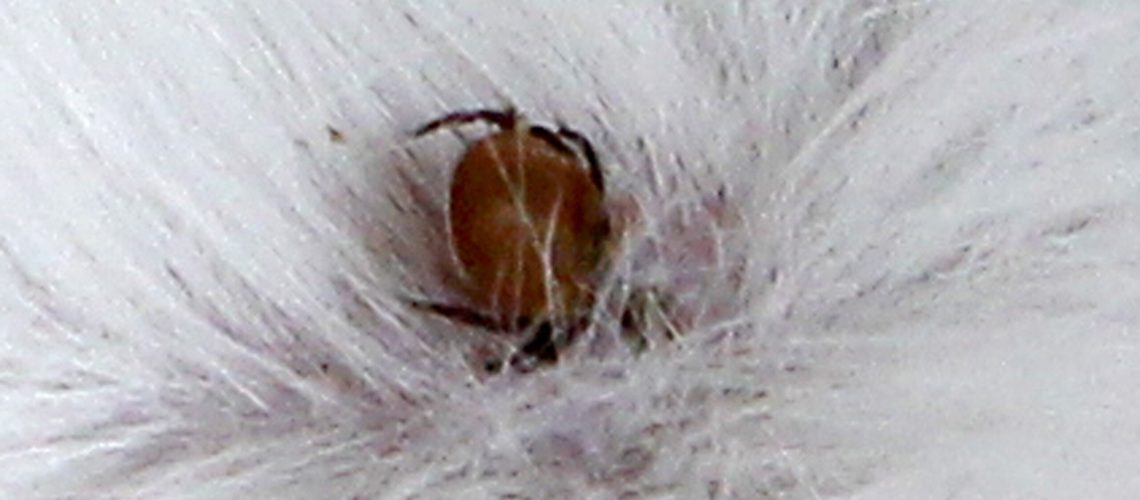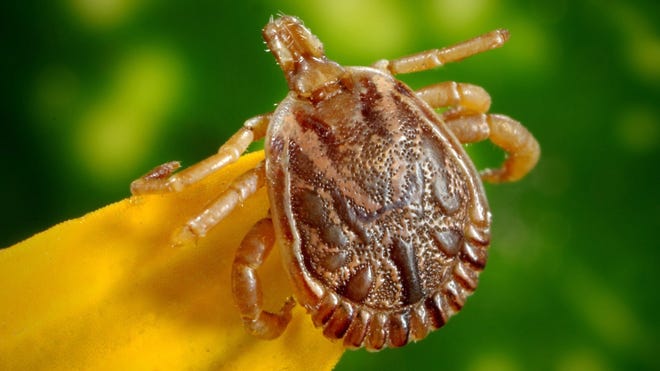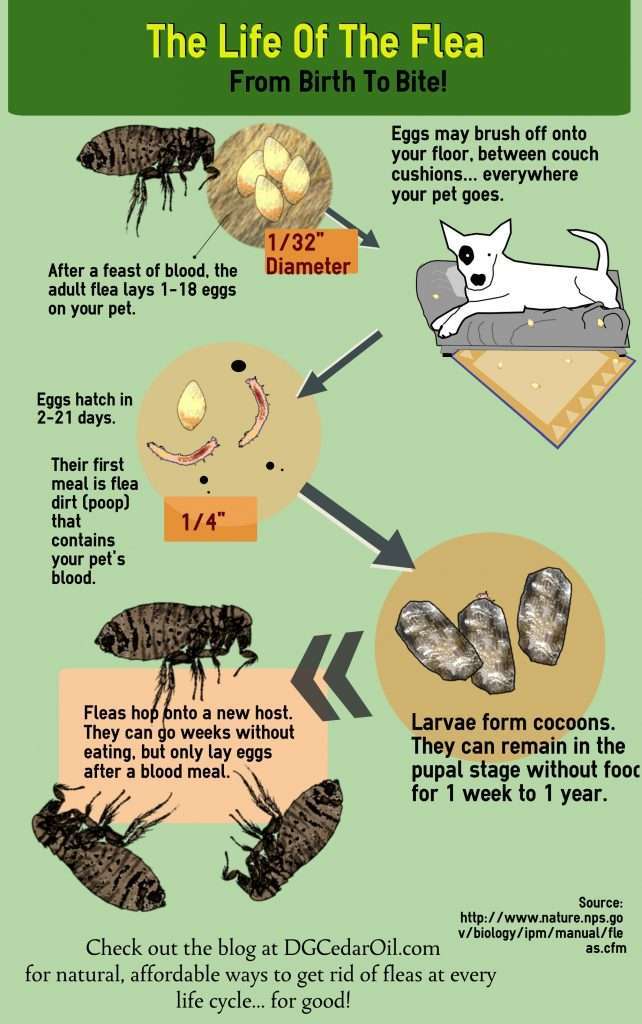Key Takeaways:
-
1. Cats can be hosts to a variety of parasites such as worms, mites, ticks, and more.
2. These parasites can cause health issues in cats and may also pose a risk to human health.
3. Regular preventive measures such as flea and tick control are essential for keeping cats parasite-free.
4. Regular check-ups with a veterinarian can help detect and treat any parasitic infestations early on.
5. Maintaining good hygiene practices, such as regularly cleaning the cat's bedding and grooming them, can help prevent parasite infestations.
Do you ever wonder what secrets lie beneath the fur of your beloved feline friend? Prepare to be amazed as we embark on a journey into the microscopic world that thrives on your cat's body. From tiny worms to minuscule mites and pesky ticks, this captivating topic will uncover the hidden inhabitants that coexist with our furry companions. By exploring this subject, you will gain a deeper understanding of the intricate ecosystem that exists right under your nose. Not only will you discover fascinating facts about these tiny creatures, but you will also learn why it is essential to be aware of their presence. So, grab your magnifying glass and get ready to delve into the miniature universe that resides on your cat!
The Tiny World on Your Cat: Exploring Worms, Mites, Ticks, and More
How Small Creatures Affect Cats
When it comes to our furry friends, cats are no exception to the rule that small things can have a big impact. Tiny creatures like worms, mites, ticks, and more can cause various health issues in cats. These parasites can latch onto your cat's skin or invade their internal organs, causing discomfort and sometimes serious illnesses.
For example, worms are common internal parasites that can live in your cat's intestines. They can cause weight loss, diarrhea, and even anemia if left untreated. Mites are another type of tiny creature that can affect cats. Ear mites are particularly bothersome for cats and can lead to ear infections if not treated promptly.
Why It's Important to Know About Tiny Creatures that Affect Cats
As a responsible pet owner, it is crucial to be aware of the tiny creatures that can affect your cat's health. By understanding these parasites and their effects on your cat's well-being, you can take preventive measures and seek appropriate treatment when necessary.
Knowing about these tiny creatures also helps you recognize the signs of infestation early on. This allows for prompt intervention and minimizes the risk of complications or further spreading of the parasites within your home or to other pets.
Can Worms, Mites, and Ticks Harm Both Cats and Humans?
Yes! Some parasites that affect cats can also pose a risk to humans. Certain types of worms like roundworms and hookworms can be transmitted from cats to humans through contact with contaminated feces or soil. This is why practicing good hygiene habits such as washing hands after handling cat litter or soil is essential.
Mites and ticks can also affect humans, although it is less common. For example, some species of ticks can transmit diseases like Lyme disease to both cats and humans. It's important to take precautions when dealing with these tiny creatures to protect both your cat and yourself.
Preventing Infestations: Tips for Keeping Your Cat Safe from Tiny Creatures
- Keep your cat's living area clean by regularly cleaning their litter box and bedding.
- Ensure your cat receives regular veterinary check-ups and appropriate vaccinations to prevent certain parasites.
- Use flea and tick prevention products recommended by your veterinarian.
- Avoid allowing your cat to roam freely outside where they may come into contact with parasites or contaminated environments.
Natural Remedies for Getting Rid of Worms, Mites, and Ticks in Cats
If you prefer natural remedies, there are some options available for treating worms, mites, and ticks in cats. However, it's important to consult with your veterinarian before trying any alternative treatments. Some natural remedies may not be as effective as prescription medications or could potentially harm your cat if used incorrectly.
Some natural remedies that have been suggested include:
- Apple cider vinegar mixed with water as a topical solution for treating mites on the skin.
- Diatomaceous earth sprinkled in your cat's environment to help control fleas and ticks.
- Pumpkin seeds or garlic supplements added to your cat's diet as a potential deworming agent (but only under veterinary guidance).
Signs of Infestation: How to Detect if Your Cat has Worms, Mites or Ticks
It's important to be able to recognize the signs of infestation in your cat so that you can seek appropriate treatment. Here are some common signs to look out for:
Worms:
- Visible worms or eggs in your cat's feces or around their anus.
- Weight loss, despite a good appetite.
- Vomiting or diarrhea.
Mites:
- Excessive scratching, especially around the ears.
- Head shaking or tilting.
- Redness, swelling, or discharge in the ears.
Ticks:
- Finding ticks attached to your cat's skin, particularly in areas with less fur such as between toes and behind ears.
- Sudden onset of lethargy or loss of appetite.
- Inflammation or redness at the tick bite site.
If you notice any of these signs, it's important to consult with your veterinarian for proper diagnosis and treatment. They will be able to recommend the most appropriate course of action based on your cat's specific situation.
How Small Creatures Affect Cats: Understanding Worms, Mites, Ticks, and Others
Understanding Worms
Worms are common parasites that can affect cats. They come in different types such as roundworms, tapeworms, hookworms, and heartworms. These worms can live inside your cat's intestines or even migrate to other organs. They can cause various health issues like weight loss, diarrhea, vomiting, and anemia. It is important to understand the different types of worms and their symptoms to ensure your cat's well-being.
Understanding Mites
Mites are tiny arachnids that can infest your cat's skin and ears. The most common type of mite in cats is called ear mites. These microscopic pests can cause intense itching, inflammation, and discomfort for your furry friend. If left untreated, mite infestations can lead to secondary infections and severe skin problems. Regular check-ups with a veterinarian are crucial to detect and treat mite infestations early on.
Understanding Ticks
Ticks are external parasites that attach themselves to your cat's skin and feed on their blood. These small creatures can transmit diseases such as Lyme disease or babesiosis to both cats and humans through their bites. Ticks are commonly found in grassy areas or wooded regions where they wait for a host to pass by. Regular tick checks on your cat's body after outdoor activities are essential for preventing tick-borne illnesses.
Why It's Important to Know About Tiny Creatures that Affect Cats
Knowing about the tiny creatures that can affect cats is crucial for several reasons. Firstly, it helps you understand the potential health risks your cat may face if exposed to these parasites. Secondly, being aware of the signs and symptoms of infestations allows for early detection and prompt treatment, preventing further complications. Lastly, by understanding these creatures, you can take preventive measures to keep your cat safe and healthy.
Can Worms, Mites, and Ticks Harm Both Cats and Humans?
Yes, worms, mites, and ticks can harm both cats and humans. Some types of worms can be transmitted from cats to humans through contact with contaminated feces or soil. These worms can cause health issues in humans such as abdominal pain, diarrhea, and even organ damage. Mites like ear mites are highly contagious and can spread between cats and other pets in the household. Ticks pose a risk to both cats and humans as they can transmit diseases through their bites.
Preventing Infestations: Tips for Keeping Your Cat Safe from Tiny Creatures
Regular Veterinary Check-ups
Schedule regular check-ups with your veterinarian to ensure your cat is free from parasites. They can perform tests to detect any infestations early on and provide appropriate treatments.
Maintain Good Hygiene
Keep your cat's living environment clean by regularly cleaning their bedding, litter box, and surrounding areas. This helps prevent the buildup of parasites.
Flea and Tick Prevention
Use flea and tick prevention products recommended by your veterinarian to protect your cat from these pests. These products come in various forms such as topical treatments or collars.
Avoid Exposure to Infested Areas
Limit your cat's access to areas where infestations are common, such as tall grass or wooded regions where ticks may be present.
Natural Remedies for Getting Rid of Worms, Mites, and Ticks in Cats
While it is always best to consult with a veterinarian for proper treatment of worm, mite, or tick infestations, there are some natural remedies that may help alleviate the symptoms or prevent infestations. These include:
- Adding food-grade diatomaceous earth to your cat's diet, which can help eliminate internal parasites like worms.
- Using diluted apple cider vinegar as a natural ear cleaner to discourage mites.
- Regularly grooming your cat with a flea comb to remove ticks and mites from their fur.
Signs of Infestation: How to Detect if Your Cat has Worms, Mites or Ticks
Worm Infestation Signs
- Presence of worms in feces or vomit
- Weight loss despite normal appetite
- Bloated abdomen
- Diarrhea or constipation
Mite Infestation Signs
- Excessive scratching, especially around the ears
- Crusty or scaly skin
- Hair loss in patches
- Dark debris resembling coffee grounds in the ears
Tick Infestation Signs
- Visible ticks on your cat's body, especially in areas with less fur like ears and paws
- Redness or inflammation around tick bites
- Lethargy and loss of appetite
- Fever
In conclusion, cats can carry various tiny creatures like worms, mites, and ticks. These parasites can cause health problems for both the cat and its owner, so it's important to keep our furry friends protected and regularly checked by a veterinarian.
What are the little worm things on my cat?
The majority of tapeworm infections in cats do not display noticeable symptoms, except for the presence of worm segments in the cat's feces or on their rear end. Cats can acquire tapeworms from fleas, mice, or other rodents. It is crucial to control fleas to prevent tapeworm infections in cats. Humans are rarely affected by tapeworms from cats.
What are these little black things on my cat?
Feline acne and flea dirt share a common characteristic, which is the appearance of small, black specks.
What do mites on cats look like?
These small white dots are almost invisible to the naked eye. They are ear mites that reside in the ear canal and survive by consuming ear wax and skin oils. Typically, an adult ear mite has a lifespan of approximately two months, but they have the ability to reproduce rapidly.
What are the little bugs crawling on my kitten?
To check if the kitten has fleas, comb through its fur using your fingers or a special flea comb. Look out for small, dark brown bugs that move quickly and are often found in the cat's face, belly, and armpits. These bugs are live fleas trying to hide in the fur.
What do worms look like on cats skin?
Symptoms of worm infestation include raised and twisted tracks beneath the skin and circular red sores on the skin's surface. Proper treatment involves the skilled removal of the worm by a veterinarian.
How do you get rid of Threadworms in cats?
In mild cases, treating threadworms is usually simple and involves taking deworming medications. The specific medication prescribed may differ depending on the type of parasite that is present.

















